A two-day workshop
In today’s economy, the vast majority of contracts are for services. They need special management, on the part of client and contractor alike. This course will help.
This very practical, action-oriented, two-day course is designed to highlight the needs to fully understand the obligations under a contract (in terms of KPIs / SLAs / liquidated damages), the reasons for complying with them, and the dangers of not doing so. The course will help participants understand – and use – new methods and tools for assessing contractual obligations and commercial risks. The role of subcontractors is also considered, particularly as regards ensuring delivery against their obligations.
- Develop robust commercial contract plans, responding to scopes of work
- Appreciate the contractual legalities of commercial contract management
- Conduct effective commercial contract activities
- Negotiate effectively with all key stakeholders, making use of the key skills of persuading and influencing, and working with stakeholders to improve outcomes
- Create and manage effective relationships with clients and contractors
- Take a proactive approach to managing commercial service delivery contracts
- Make effective use of lessons learned to promote improvements from less optimal outcomes, using appropriate templates
- Deliver client KPIs and SLAs to provide optimum performance, at lowest cost
- Make appropriate use of best practice commercial contract management tools, techniques and templates
Expert trainer
Dr Ray Carter, a UK-licensed contracts paralegal, runs his own international training and development consultancy, specialising in procurement.
Session outline
DAY ONE
1. Introduction
- Learning outcomes
- Learning styles
- Plan for the day
2. Developing robust service delivery plans
- Responding to client’s scope of work and specifications
- Allocation of resources
- Appreciate the level of service required
3. Appreciating the contractual legalities of commercial contract and service delivery management
- Contractual obligations to the client
- Legal risks and mitigation
- Limitations and exclusions of liability
4. Negotiating effectively with all key stakeholders
- Defining objectives, strategy and tactics
- Making use of the key skills of persuading and influencing
- Collaborating with stakeholders to improve client outcomes
DAY TWO
5. Creating and managing effective relationships with clients
- Appropriate relationships with the client
- The key elements that determine the nature of the relationship
- Methods to measure and improve relationships with clients
6. Adopting a proactive approach to managing service delivery contracts
- Communications with the client and sub-contractors
- Future plans and forecasts
- Anticipation and mitigation of service delivery issues
- Proactive service recovery plans
7. Making effective use of lessons learned
- Promoting improvements to service delivery
- Creating optimal outcomes and client retention
- Making use of appropriate templates
8. Delivering the client’s KPIs and SLAs
- Provide optimum performance, at an economic return
- Negotiate KPIs and SLAs with the client
- Negotiate KPIs and SLAs with the internal stakeholders
- Ensure that KPIs are equitable and sustainable
9. Making appropriate use of best practices in service delivery management
- Risk and value matrix
- Value analysis and value engineering
- SRM tools of analysis
- Product and service portfolio management









